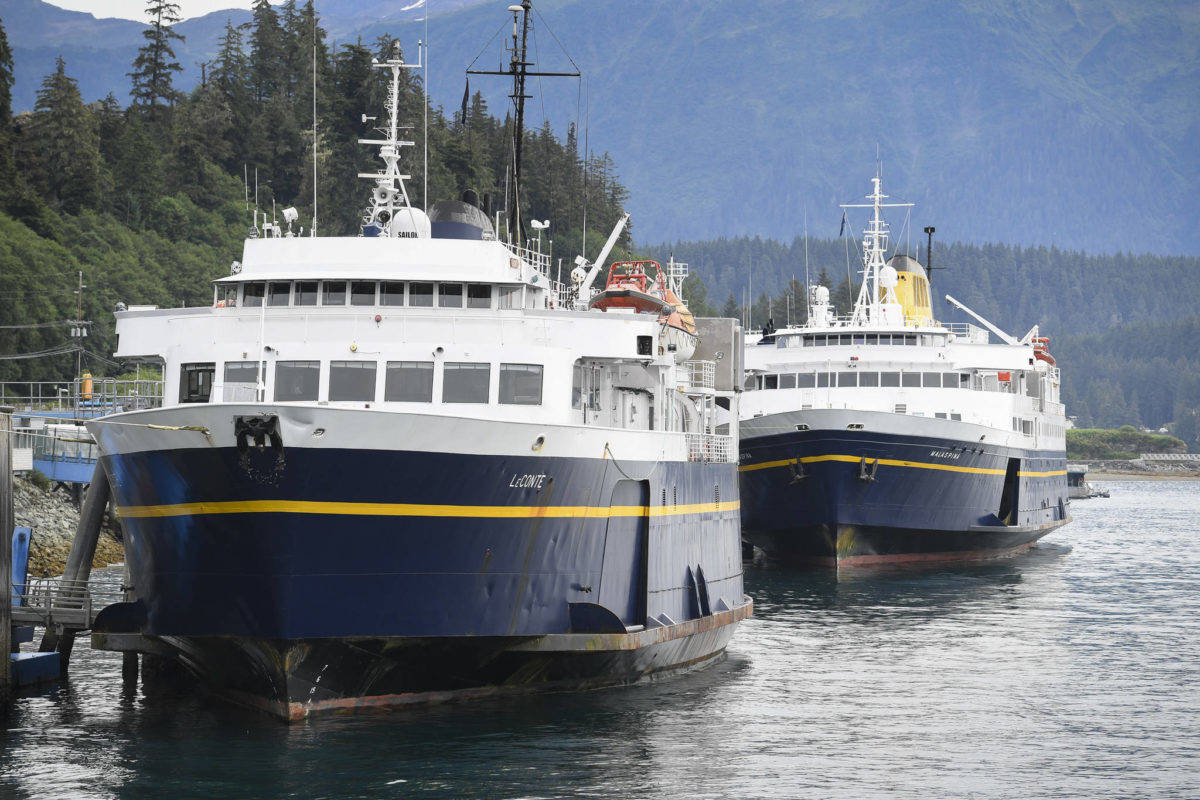JUNEAU — The Alaska ferry system is expected to receive an initial injection of $10 million in federal coronavirus recovery funding, officials said.
The allocation for the Alaska Marine Highway System is part of $29 million in funding that the state received for rural transit needs from the Federal Transit Administration, CoastAlaska reported Saturday.
The state had initially said the amount was $5 million but corrected the figure to $10 million on Monday without providing further details.
The funding is part of the state’s share of the $2.2 trillion federal coronavirus relief bill, the state Department of Transportation said.
A slowdown in customer demand because of the pandemic has caused a delay in returning the ferry system to full service until summer, state officials said. The marine highway system said some ferries will return to service in June and July after “a very successful winter overhaul period,” the agency wrote.
The agency added: “Currently the Columbia, Kennicott and Tustumena are all in the completion phase of their overhauls. The extensive steel repair project and overhaul of LeConte has gone smoothly and the vessel is scheduled to re-float this week.”
The Legislature added funding to overhaul the ferry Aurora, which transportation department officials said should be back in service later this year.
Republican Gov. Mike Dunleavy vetoed nearly $13 million in appropriations for the ferry system, arguing the decision still leaves more for operations than was available last year.
Dunleavy is waiting for his working group on the future of the fleet to report its recommendations in the fall, he said last week.
“We’re going to wait for their feedback to see where we’re going to go and how we’re going to go to assist in transportation in the coastal areas of Alaska,” Dunleavy said. “But there was money in the state budget to extend the schedules and we are working on getting those boats repaired to get them ready to roll.”
For most people, the coronavirus causes mild or moderate symptoms, such as fever and cough that clear up in two to three weeks.
For some, especially older adults and people with existing health problems, it can cause more severe illness, including pneumonia and death.
The vast majority of people recover.


